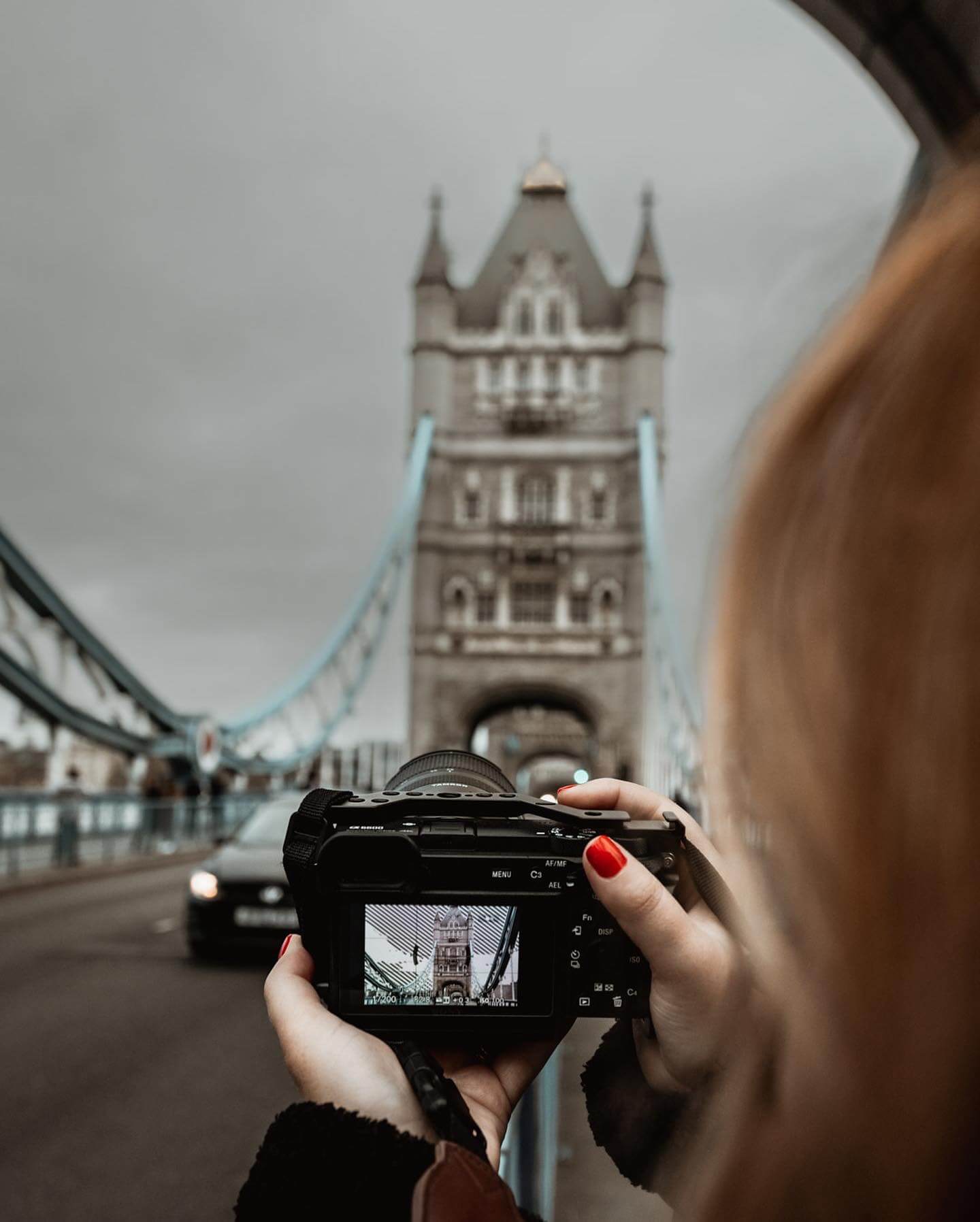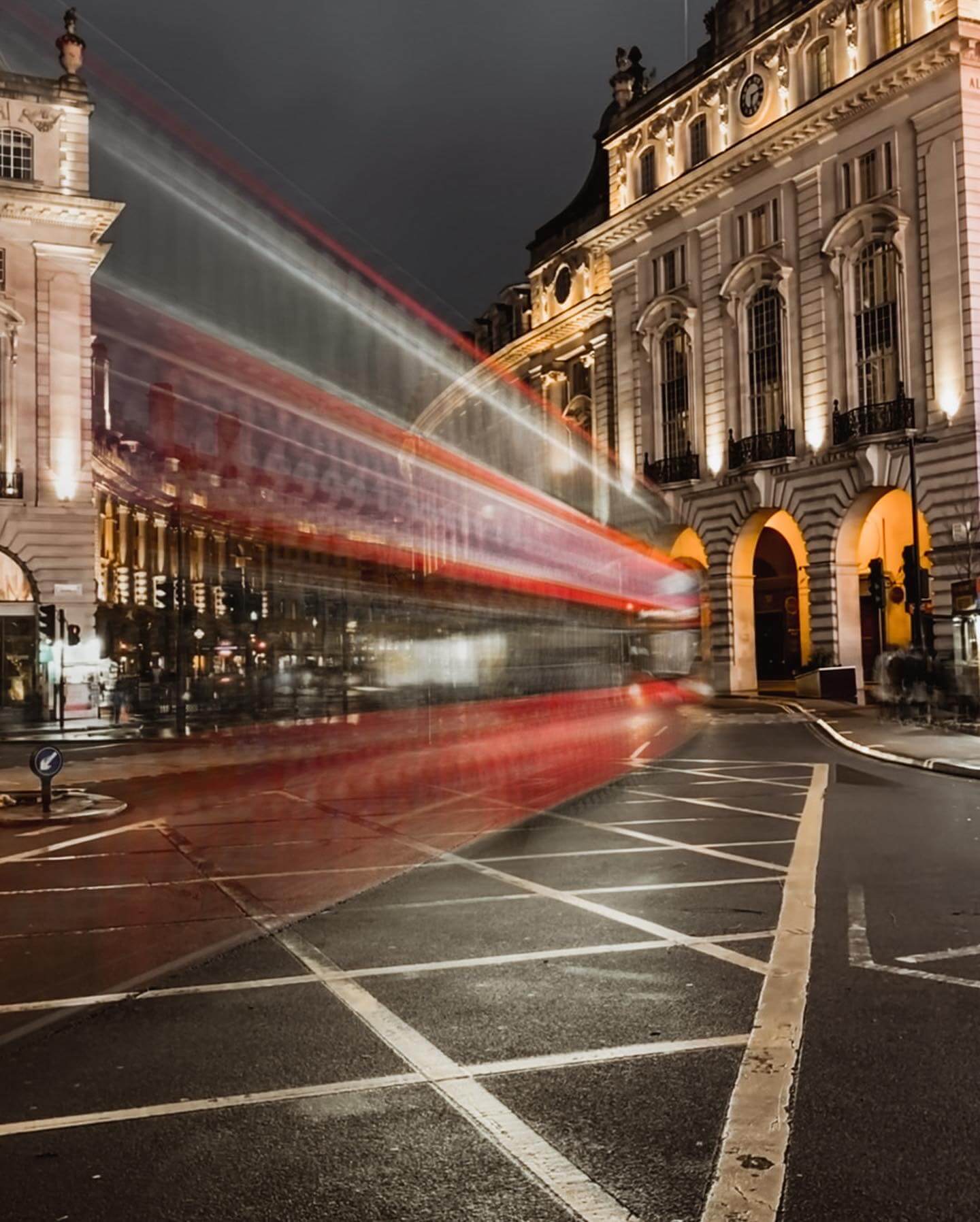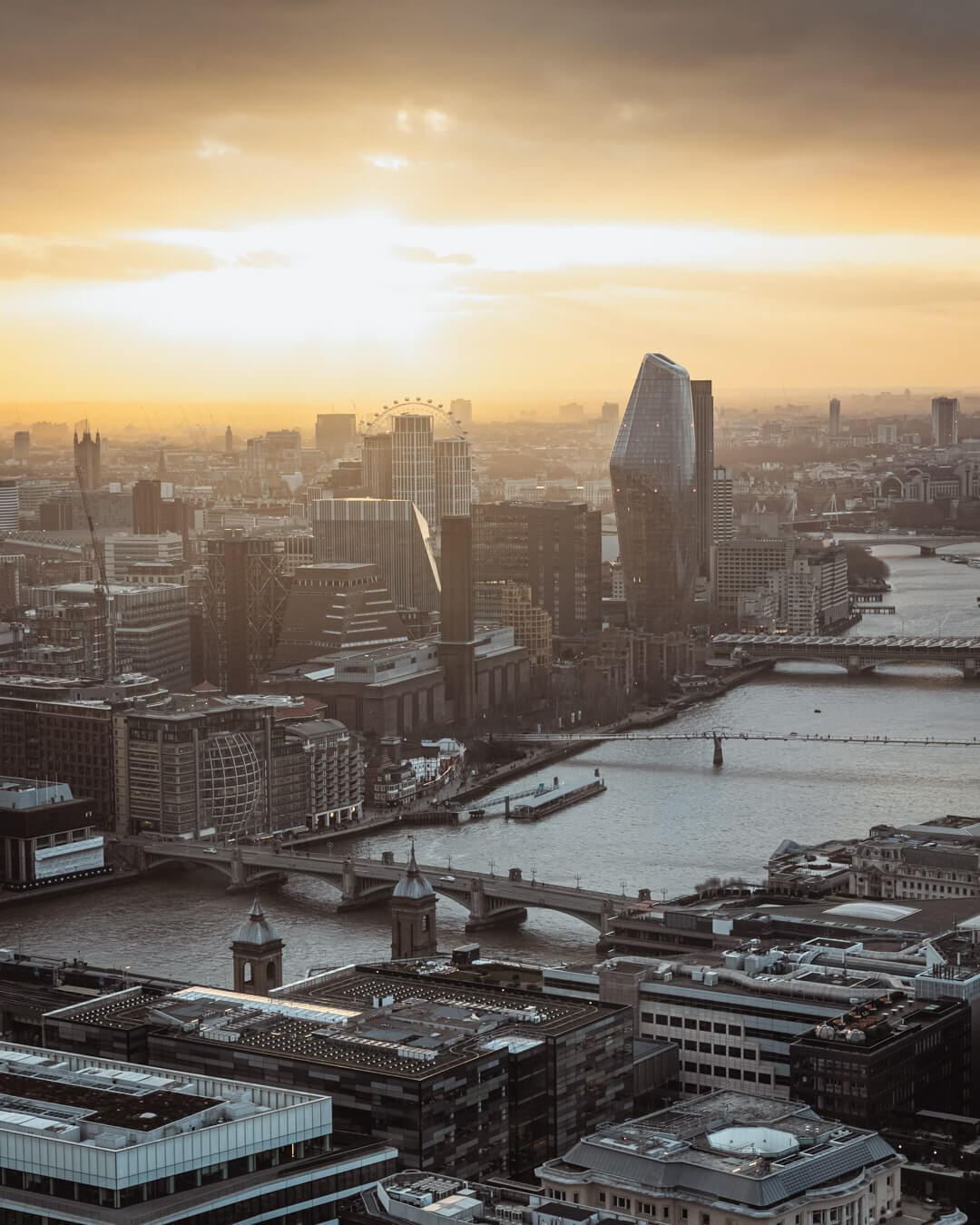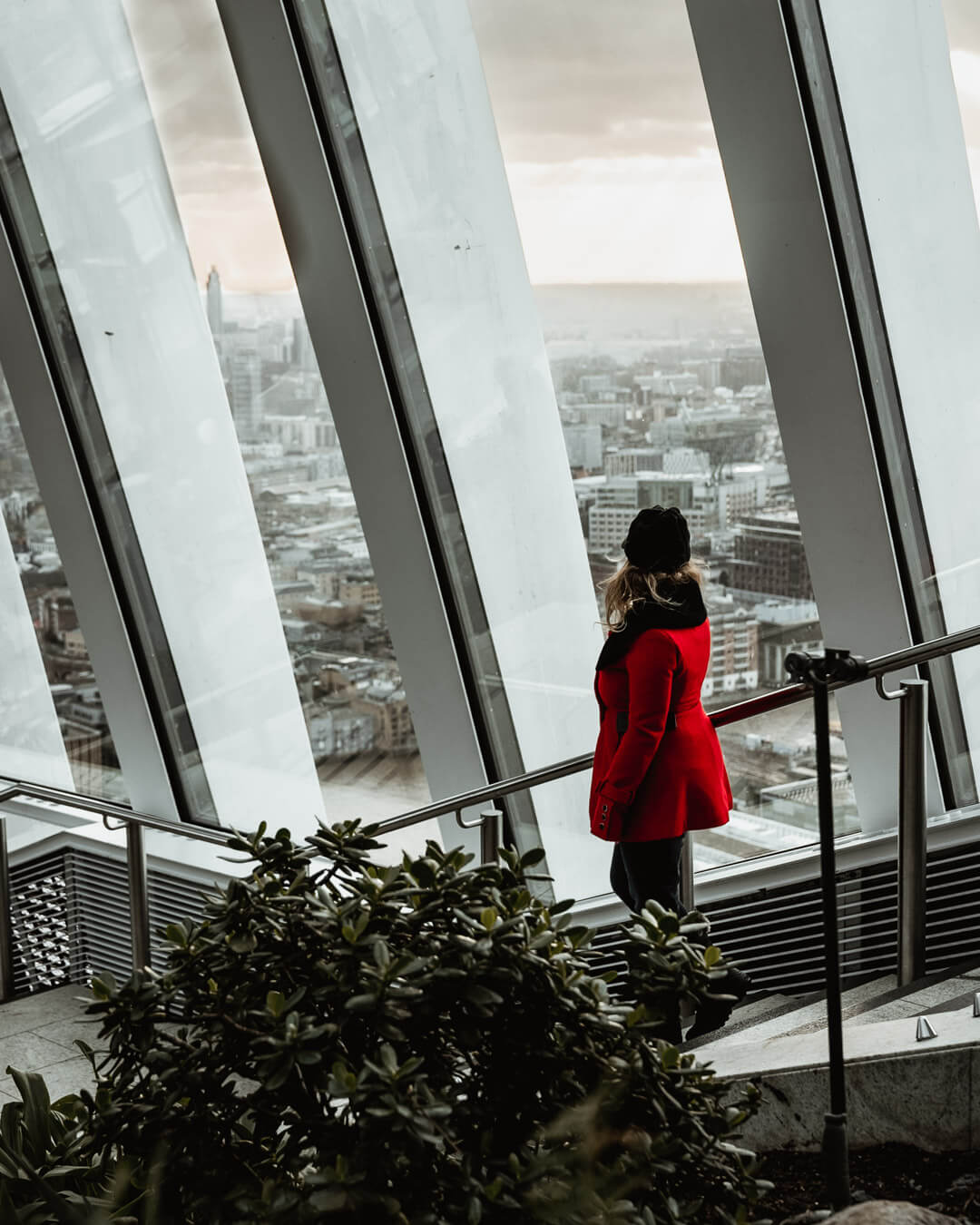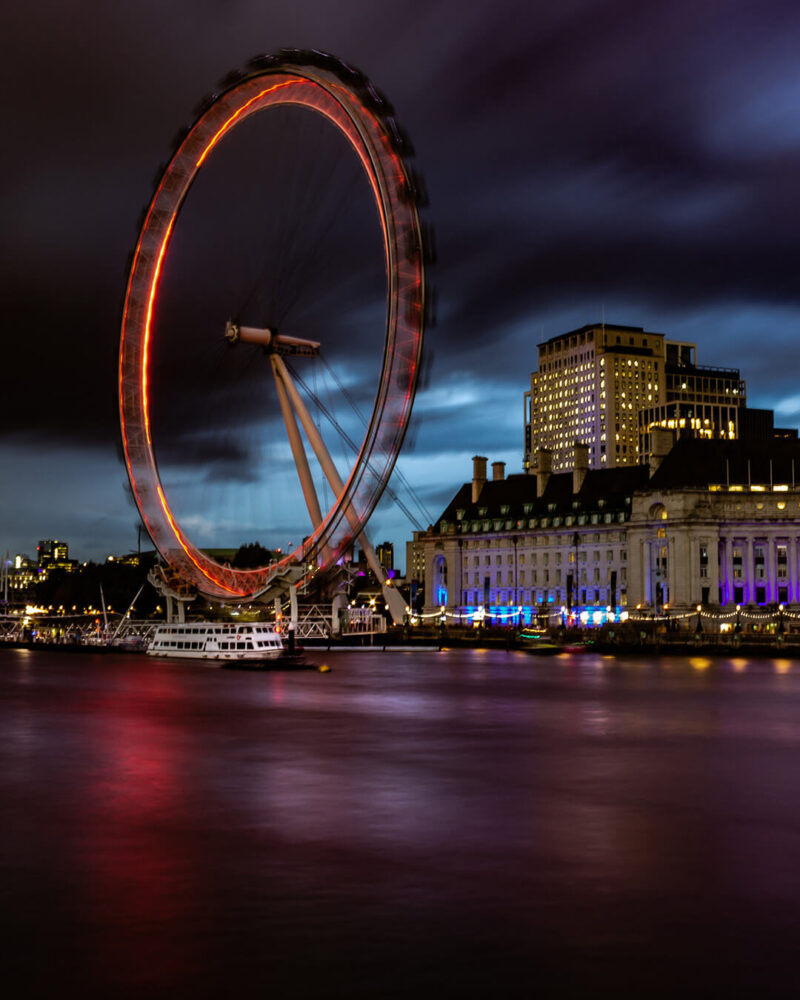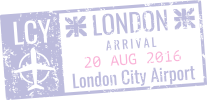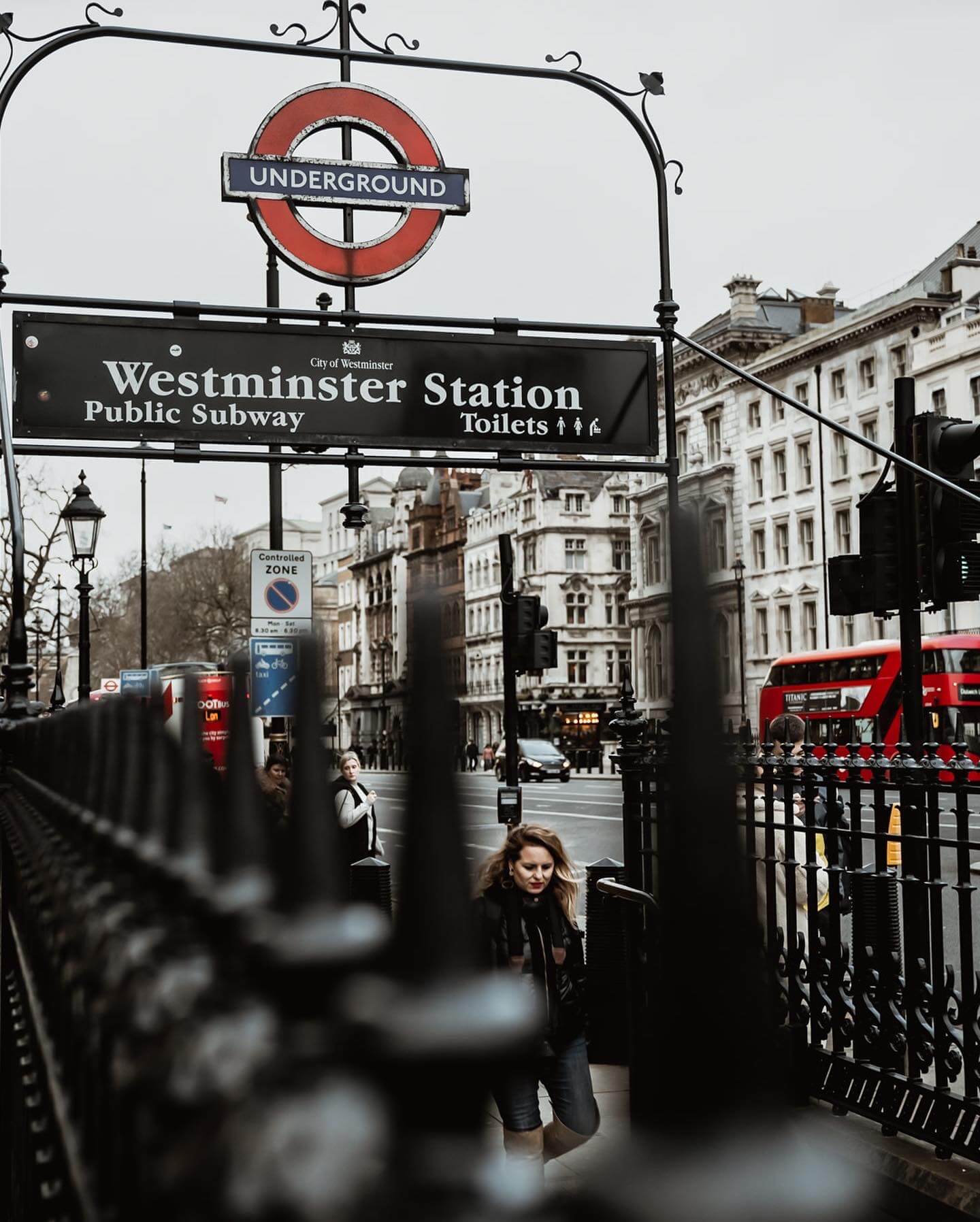Passaport and Visa – Every traveler must have a valid passport. Visa is required for a continuous trip of more than 3 months only.
Currency – The UK currency is the pound sterling (£/GBP). UK banknotes come in denominations of £5, £10, £20 and £50. Coins come in 1p, 2p, 5p, 10p, 20p, 50p, £1 and £2. Contactless payment and credit cards are widely accepted and used in the UK.
Important: Euros are not accepted as currency for businesses in London and contactless payments are limited to 100 per transaction.
Language – The majority of Londoners speak English as their first language, but the city is culturally and linguistically diverse, with more than 100 different languages spoken in every neighborhood, ~ 22% say they speak another main language.
Tax free – Value-added tax – VAT is a 20% sales tax charged on most goods in the UK. Visitors from outside the EU were eligible for tax-free shopping until January 2021. UK government have now ended the tax-free sales.
Tipping – It is customary to leave 10 to 15% of the bill as tip in in restaurants. People often tip porters in hotels and it’s also polite to round up your taxi fare. People generally do not tip in bars and pubs.
Population – There are approximately 9 million people living in London, and ~68 million in the United Kingdom.
Economy – London is one of the world’s leading financial centres for international business and commerce. The economy of London is dominated by service industries, particularly financial services and associated professional services. The London Stock Exchange is the most international stock exchange and the largest in Europe.
Curiosity – If you want to speak like a Londoner… You will usually hear British people say “pee” rather than pence, as in 50p (50 pee). More colloquially, £1 is known as a “quid”, a £5 note is a “fiver” and a £10 note a “tenner”.



